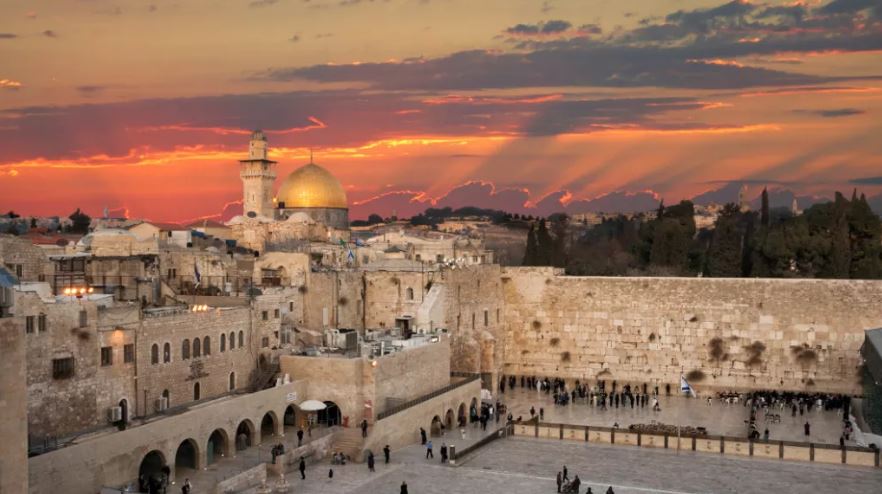As the dust storm around Prime Minister Scott Morrison’s Jerusalem comments begins to abate, we ought to focus less on whether it was a short-sighted and cynical gambit to win Wentworth and more on the claims that he, candidate Dave Sharma and other proponents of the recognition of Jerusalem as Israel’s capital have been making.
The rationality of such a unilateral and controversial move, they maintain, lies in trying “something different” to kick-start the stalled peace negotiations that at the same time won’t preclude a future Palestinian capital in the city, since any diplomatic presence would be located in the city’s uncontested west.
Recent articles by Peter Wertheim and Ran Porat similarly zoom in on and press this point, the latter noticeably failing to comment on whether it is preferable to act in lockstep with the White House or to pursue foreign policy that is in our own national interests.
Just recently, Israel’s Knesset passed the highly contentious Nation-State Law, clause 3 of which states: “Jerusalem, complete and united, is the capital of Israel”. In addition to being classed as a “basic law” – which gives it constitutional weight – it is unambiguous in its declaration that Israeli sovereignty should not be restricted to just West Jerusalem.
Read the article by Izzat Abdulhadi in The Sydney Morning Herald.

